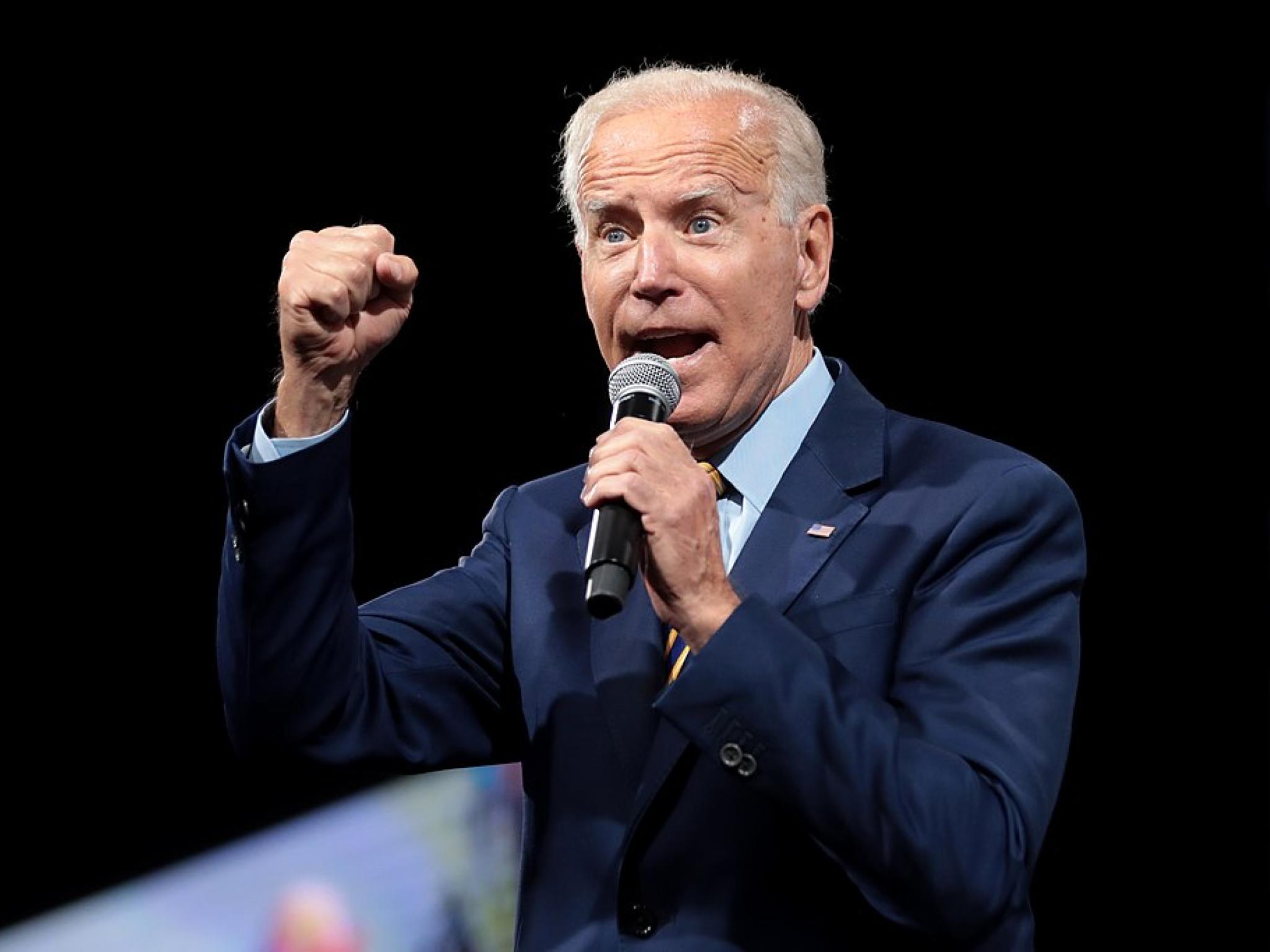
The International Energy Agency members have become worried that U.S. President Joe Biden is using the Strategic Petroleum Reserve (SPR) to put a cap on domestic inflation for political reasons, Reuters reported citing two sources.
According to the sources, the agency said the reserve release does not protect consumer countries from global supply disruption.
"The IEA was embarrassed by the (U.S.) release, which was at the start done essentially unilaterally by the U.S.," said a source familiar with the diplomacy around the release.
"It is the common understanding of IEA members that we must cooperate as a whole," said another source, this one from an IEA member country, who said the U.S. announcement came as a surprise.
Related: President Biden's Quest For More Oil Meets Resistance Amid Climate Change Tackle Fears: WSJ.
The IEA told Reuters it had been in close contact with all member countries, including the U.S., in the run-up to its two stock release announcements this year. "
It did not comment on whether the U.S. shared the timing and volume of its release in advance.
The sources told Reuters that Washington had not informed the IEA or its members that the announcement was coming.
The U.S. announcement came one day before members of the IEA were due to meet to discuss a coordinated release.
The IEA announced a coordinated release had been agreed upon after the meeting but gave no detail on volumes.
That 60 million-barrel figure was relatively small, however. Per the IEA's rules, a member country's contribution to a coordinated emergency release should roughly match the proportion of its oil consumption within the group.
With the United States accounting for about half of consumption among members, the IEA contribution should have roughly matched the U.S. draw.
"That wasn't doable," the source familiar with the diplomacy said. "It was impossible as no one had such stocks."







